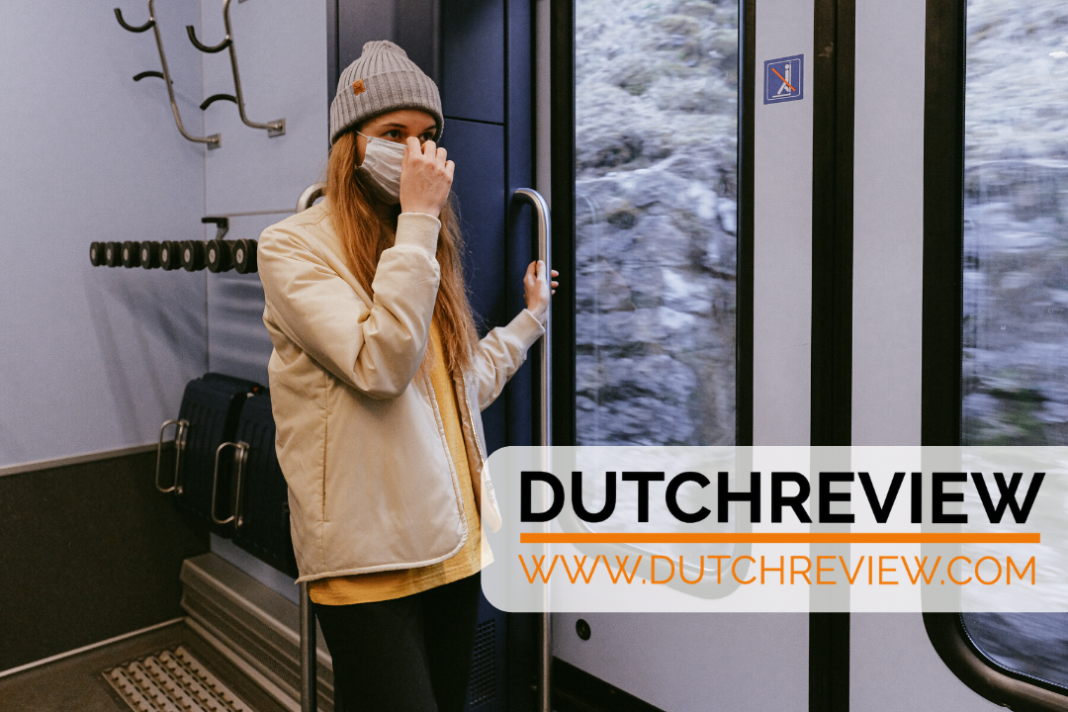You might have been wondering how public transport will work in a 1.5m society, especially when businesses reopen and more people need to travel. Well, like most problems that have arisen as a result of the coronavirus crisis, an app will come to the rescue. Hopefully.
It’s not expected that the number of people needing to travel by public transport will increase much as a result of the primary schools reopening in May, but if other relaxations come, space will certainly be at a premium.
Trains can be 25% full if the 1.5m rule is observed
If the 1.5m rule is kept to, trains can be 25% filled. At the moment, they’re currently 10-15% full, so there is not a huge amount of wiggle room. For that reason, a reservations app for seats is being considered.
How to decide who should travel, and when
In theory, this should be pretty easy: plenty of transport systems in other countries run on a reservations basis all year round. But the question here is rather who can travel, and when.
Of course, essential workers should get priority, and there should be special hours for vulnerable people to travel. There is also the question of how you enforce such a thing: who checks if someone is an essential worker? And should there be a complete ban on non-essential travel?
“You cannot leave that to the personnel of the transport companies.”
These are the questions that a working group made up of employees of the Ministry of Infrastructure, public transport companies, and passenger organisations.
“You can already see that the grumpiness among passengers is increasing,” says Pedro Peters in an interview with NOS. “If you are going to keep passengers out, you cannot leave that to the personnel of the transport companies. That is a government task. That has to be arranged.”
Would you support a ban on non-essential travel with public transport? Let us know in the comments below.
Feature Image: DutchReview/Canva



